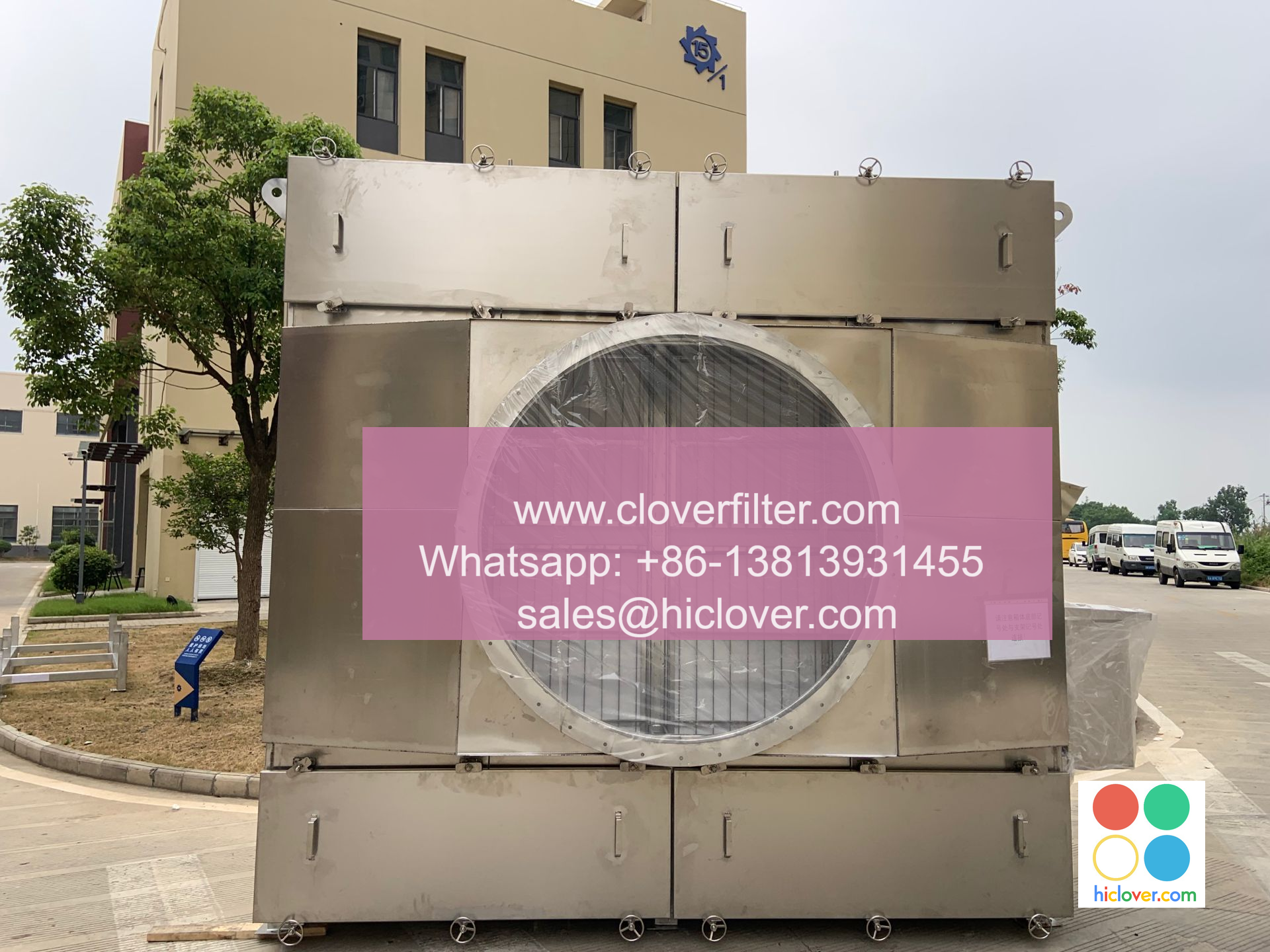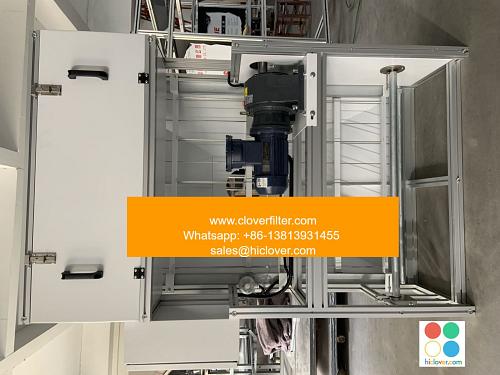Air Filter FAQ: Answers to Your Most Pressing Questions

As the importance of indoor air quality (IAQ) and heating, ventilation, and air conditioning (HVAC) systems continues to grow, so does the need for effective air filtration systems. In this article, we will provide answers to frequently asked questions about air filters, highlighting various application areas, including residential, commercial, and industrial settings.
What is the Purpose of an Air Filter?
The primary purpose of an air filter is to remove airborne contaminants, such as dust, pollen, bacteria, and viruses, from the air, improving the overall indoor air quality. This is especially important for people who suffer from respiratory issues, such as asthma, and for those who want to reduce the risk of airborne diseases.
Types of Air Filters
There are several types of air filters available, each with its own unique characteristics and application areas. Some of the most common types include:
- Mechanical air filters: These filters use a physical barrier to capture airborne particles, such as dust and pollen.
- Activated carbon air filters: These filters use activated carbon to remove gases, odors, and chemicals from the air.
- HEPA air filters: These filters use a high-efficiency particulate air (HEPA) filter to remove 99.97% of airborne particles as small as 0.3 microns.
- UV air filters: These filters use ultraviolet light to kill bacteria, viruses, and other microorganisms.
- Residential air filtration: This includes home air purifiers, HVAC systems, and whole-house air filtration systems.
- Commercial air filtration: This includes office buildings, hospitals, restaurants, and other public spaces.
- Industrial air filtration: This includes manufacturing facilities, warehouses, and other industrial settings.
- Improved indoor air quality: By removing airborne contaminants, air filters can improve the overall IAQ and reduce the risk of airborne diseases.
- Reduced energy consumption: By removing debris and dust from the air, air filters can improve the efficiency of HVAC systems and reduce energy consumption.
- Extended equipment life: By removing debris and dust from the air, air filters can help extend the life of HVAC equipment and other mechanical systems.
Application Areas
Air filters are used in a variety of application areas, including:
How Often Should I Replace My Air Filter?
The frequency of air filter replacement depends on several factors, including the type of filter, the level of air pollution, and the amount of airflow. As a general rule, air filters should be replaced every 1-3 months, or as recommended by the manufacturer.
Benefits of Using an Air Filter
The benefits of using an air filter are numerous, and include:
Conclusion
In conclusion, air filters play a critical role in maintaining good indoor air quality and reducing the risk of airborne diseases. By understanding the different types of air filters, their application areas, and the benefits of using them, individuals and organizations can make informed decisions about their air filtration needs. Whether you are looking to improve the IAQ in your home, office, or industrial facility, there is an air filter solution available to meet your needs.
It looks like you haven’t provided a prompt for me to respond to. Please go ahead and ask your question or provide a topic you’d like to discuss, and I’ll do my best to assist you.


